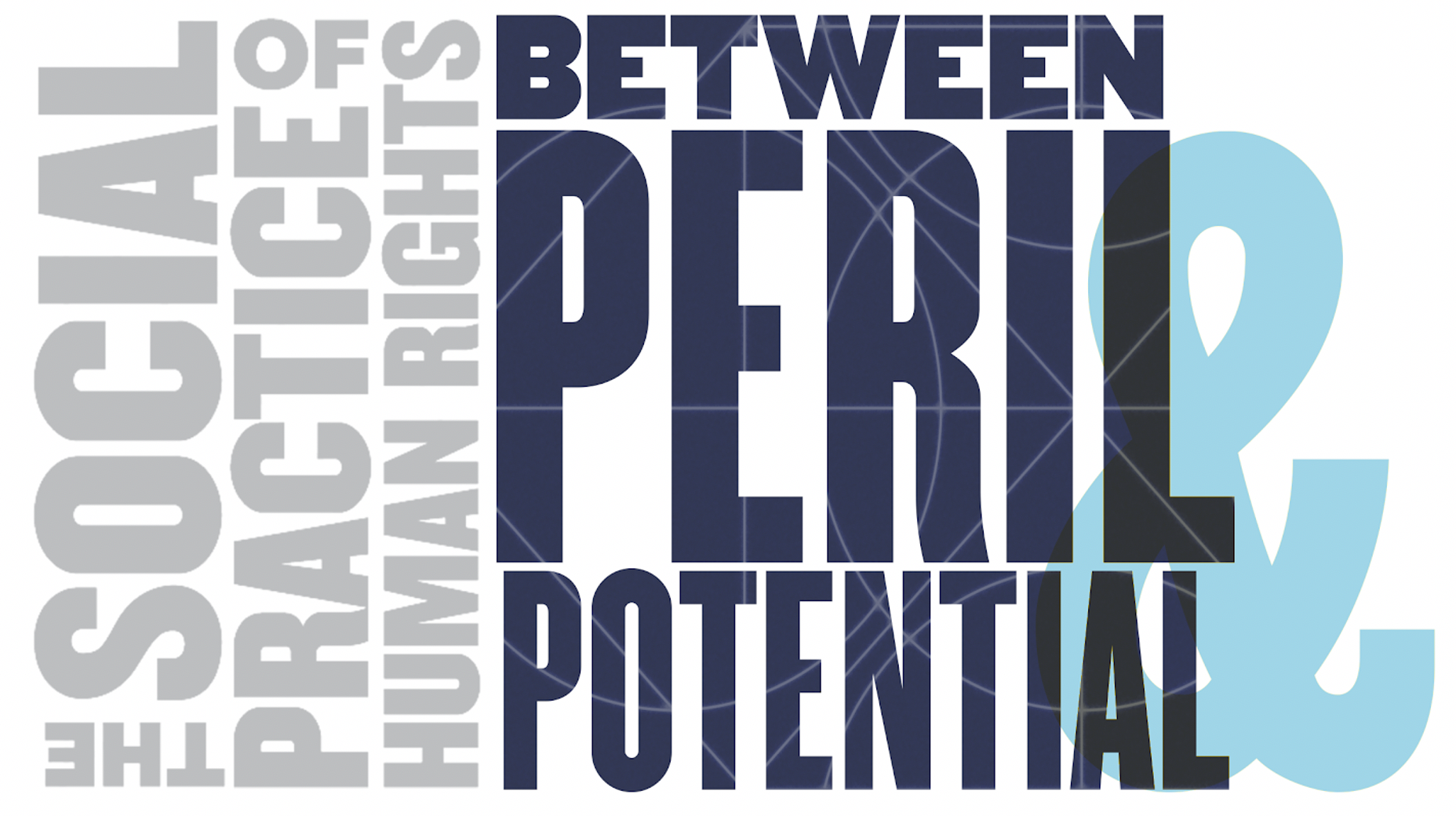A Human Rights Perspective on Inequalities and the Climate Crisis
Location
Presented remotely
Start Date
12-2-2021 4:15 PM
End Date
12-2-2021 5:45 PM
Keywords
Human rights, inequality, climate crisis, COVID-19
Abstract
The climate crisis threaten lives every day with exceedingly high temperatures, violent storms, and persistent droughts. While we have known about these dangers for decades, little action has been taken to stop it. This inertia is largely due to inequalities within and between countries. High-income countries have contributed most to climate change as their economies are based on fossil fuels, which has resulted in high rates of CO2 emissions. However, those in power in high-income countries benefit from the current economic arrangements and so use their power to maintain the status quo – even while it threatens our existence. Middle- and low-income countries have contributed far less to CO2 emissions, yet suffer more from climate change and have the least resources to mitigate or adapt. Meanwhile the crisis deepens day by day and the global response remains minimal.
Human rights provides a legitimate, cohesive and effective legal and ethical framework for action on the climate crisis. The global responses to the 2008 financial crisis and COVID-19 crisis have demonstrated the extremely negative impacts of ignoring human rights in formulating and implementing policy responses to global crises. In both instances, the crisis and the responses to the crisis have deepened already extreme economic and social inequalities, setting us up for further crises. What can we learn from the response to the 2008 financial crisis and the COVID-19 crisis that we can use in responding to the climate crisis? How can we ensure that the trillions of dollars spent post-COVID-19 to reactivate economies around the globe will bring about greater equality while also reducing the risks of climate change? What human rights norms and standards do we apply in formulating responses to the impending climate crisis?
Author/Speaker Biographical Statement(s)
Gillian MacNaughton is Associate Professor of Human Rights in the School for Global Inclusion and Social Development and a Senior Fellow with the Center for Peace, Democracy and Development, both at the University of Massachusetts Boston. She works on economic and social rights, particularly the right to health, and their relationship to equality rights, as well as human rights-based approaches to social justice. She is co-editor with Diane F. Frey of Economic and Social Rights in a Neoliberal World (Cambridge University Press 2018) and with Diane F. Frey and Catherine Porter of Human Rights and Economic Inequalities (Cambridge University Press 2021). Her recent research is also published in the Health and Human Rights Journal and the International Journal of Human Rights. Dr. MacNaughton’s research has been funded by the Law and Society Association, the World Health Organization and the Canadian Institutes for Health Research, and she has consulted for WHO, UNDP, UNICEF and the UN Special Rapporteur on the Right to Health. She received her doctorate in law from the University of Oxford.
A Human Rights Perspective on Inequalities and the Climate Crisis
Presented remotely
The climate crisis threaten lives every day with exceedingly high temperatures, violent storms, and persistent droughts. While we have known about these dangers for decades, little action has been taken to stop it. This inertia is largely due to inequalities within and between countries. High-income countries have contributed most to climate change as their economies are based on fossil fuels, which has resulted in high rates of CO2 emissions. However, those in power in high-income countries benefit from the current economic arrangements and so use their power to maintain the status quo – even while it threatens our existence. Middle- and low-income countries have contributed far less to CO2 emissions, yet suffer more from climate change and have the least resources to mitigate or adapt. Meanwhile the crisis deepens day by day and the global response remains minimal.
Human rights provides a legitimate, cohesive and effective legal and ethical framework for action on the climate crisis. The global responses to the 2008 financial crisis and COVID-19 crisis have demonstrated the extremely negative impacts of ignoring human rights in formulating and implementing policy responses to global crises. In both instances, the crisis and the responses to the crisis have deepened already extreme economic and social inequalities, setting us up for further crises. What can we learn from the response to the 2008 financial crisis and the COVID-19 crisis that we can use in responding to the climate crisis? How can we ensure that the trillions of dollars spent post-COVID-19 to reactivate economies around the globe will bring about greater equality while also reducing the risks of climate change? What human rights norms and standards do we apply in formulating responses to the impending climate crisis?



